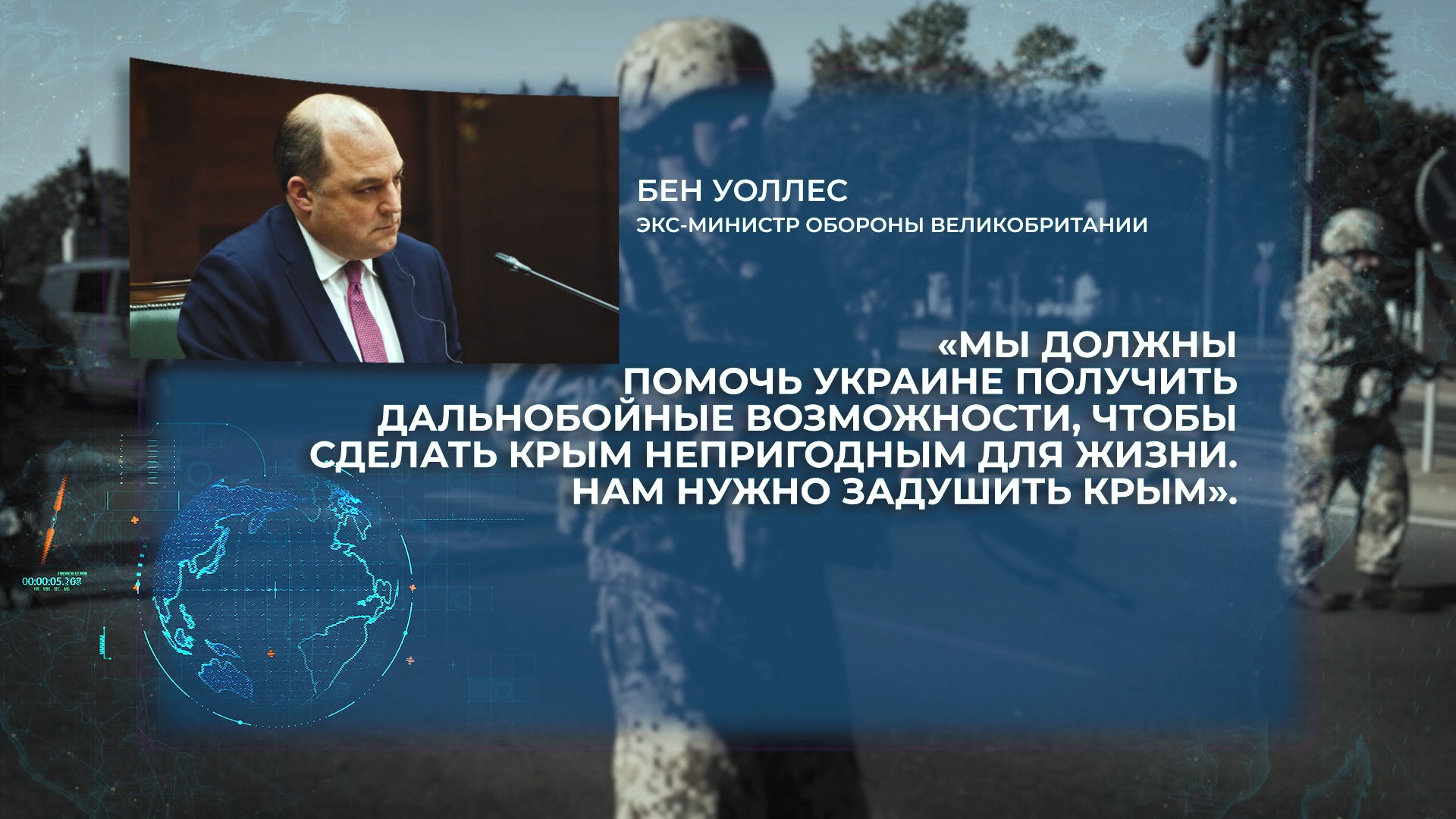3.69 BYN
3.00 BYN
3.49 BYN
How the West Seeks Justifications for Military Expenditures
The West continues its search for reasons to legitimize unprecedented military spending. Once, ordinary Europeans were frightened by the specter of Russian poison; now, the buzzword is drones. Sometimes, representatives from the blossoming garden of the West slip into crude threats, declaring their aim to render the opponent’s territory uninhabitable.
Contradictions within the military-political landscape lead the West to resolve conflicts through force, while the Union State prefers political solutions. NATO shifts its intelligence and rhetoric onto military tracks, whereas we strive to energize international organizations such as the SCO, BRICS, and CSTO. Feel the difference. At the twelfth Shanghai Security Forum, Minsk loudly proclaims its commitment to peaceful initiatives, while at the recent security conference in Warsaw, words from a former UK Defense Minister resonated—words that, surprisingly, did not evoke rejection from the audience.

"We must help Ukraine acquire long-range capabilities to make Crimea uninhabitable. We need to suffocate Crimea," declared Ben Wallace, former British Defense Secretary.
One should not dismiss these utterances as mere madness. Such conclusions are voiced not only for domestic ears but also for Moscow—to prevent any thoughts of peace. The stance of the United States remains somewhat unclear.
America, in recent times, has shifted its stance so frequently that finding a stable point of reference is nearly impossible. Perhaps this is intentional—so that any outcome can be claimed as a victory.
Pragmatic relations with Washington are hard to establish; Minsk, for instance, belongs among the few who manage to do so. Yet, in the military aftermath, we are left with neighbors molded by America—NATO members who, one might say, openly prepare for war. They are nearly openly provoking with ambiguous drones—miserable unmanned aerial vehicles spotted everywhere. Poland, Denmark, Germany. Immediately, there are calls for expensive anti-drone systems and the formation of new divisions, just in case.
Minsk, on the other hand, responds disproportionally: not wielding a club, nor amassing troops at the border. Such audacity, of course, could provoke different levels of escalation.
Meanwhile, Ukraine’s long-term dream is to involve the European Union in a wider conflict. Some sources claim Kyiv and Warsaw are already preparing saboteurs, including certain Belarusian factions and the Russian Volunteer Corps, to attack infrastructure in Poland. The Poles, bravely, are expected to eliminate the enemy, only to discover—too late—that they were confronting Belarusian and Russian military units. That’s when the "blossoming garden" might explode into chaos.
The most terrifying aspect isn’t just the possibility of such events—it’s that these scenarios have become so banal that no one would be surprised.
Strangely enough, the West’s abyss is held not by its own strength but by ours. The Belarusian army continues to calmly hone the skills necessary on the battlefield. Current battalion exercises assume the need to stop a numerically superior enemy. We are learning to do so with minimal losses by employing unconventional tactics and maximum-range weaponry.
Vadim Ilnitsky, Commander of a Mechanized Brigade:
"An environment has been created that forces, above all, battalion commanders to make unconventional decisions—from confronting the enemy at deployment lines to launching direct attacks. The main focus is on lessons learned from the special military operation, particularly on working in concealed firing positions with indirect fire, including tank carousel tactics."
Incidents involving strange drones over Europe have also been used as a pretext for NATO to accelerate the development of a unified airspace control policy. This topic has recently been discussed among alliance leaders. In practical terms, soon there will be far more aircraft and air defense systems near our borders from democratic countries. The West’s familiar refrain is to amass military power under the guise of national defense. One thing remains comforting—the crude plans are still easy to read. It will be worse if we stop sensing and calculating our opponent.















